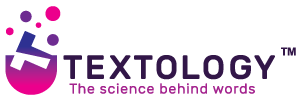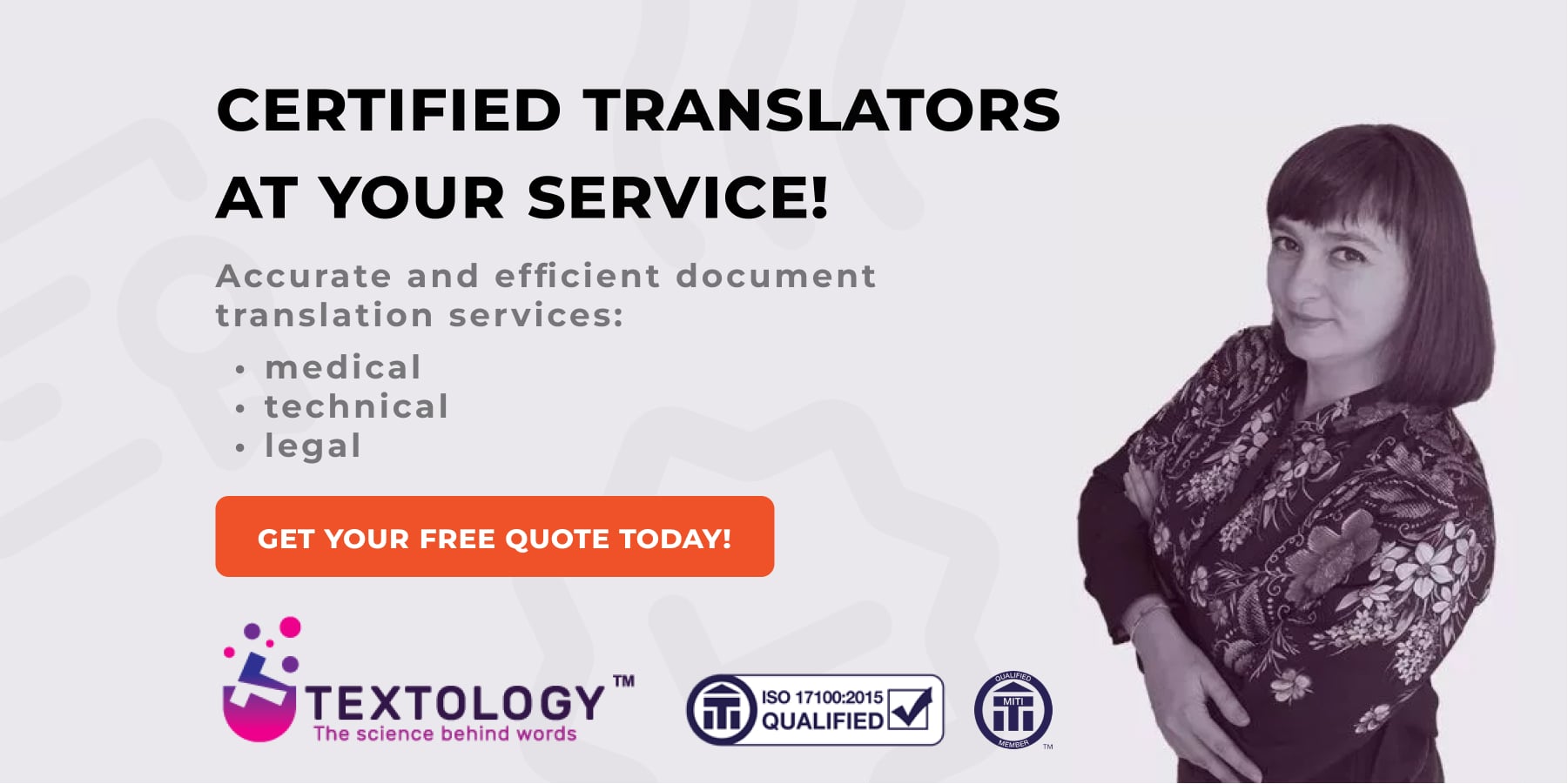
When you type the first part of the above title in your browser, you will be showered by at least hundreds of many different language translation services – just in the United Kingdom there’s over 600 translation agencies and many more freelance translators. Although the variety is a great thing, this also makes it quite complicated to choose just the right services you need at the moment. So what should you look for when choosing professional translation services? Let’s look into it together.
How to choose the best translator?
There’s no denying that first-time clients are rather distrustful when it comes to translation service – distrusting strangers at first meeting is one of the basic human traits. So what makes a translator or a translation agency trustworthy and ensures that they provide the best translation services for your needs? Here are the main points you should always check:
- Accreditation – when you’re looking for professional or high-profile translation services, you should check if the given translator/agency is officially accredited in your target country/region. For example, in the United Kingdom professional translators can be accredited by the Institute of Translation and Interpreting (ITI). This ensures that the language services provided are of significant quality.
- Translation software – when translating important (especially technical) documents you should never use machine translation (e.g., provided by Google Translate) – it won’t reach the competence level of a human translation for many years to come. There’s only one exception to that rule – proofreading by a native-speaking translator. Keep in mind that most of the translators use CAT tools to speed up the process and cut costs. Although those programs may seem similar to machine translations, their use is always supervised by a qualified translator and are simply there to make high-quality translations more economical.
- Team members – while browsing for translation agencies, you should always check if they employ native language experts. Unless you really need it, they don’t have to be certified – as long as they’re accredited experts in the target foreign language, they can provide quality work.
- Scope of services – you should always check if a given service provider offers the service that will suit your needs best. For example, if you’re in need of certified translation services, don’t use normal translation service.
When would you need certified translations?
As a general rule, any translated document meant for legal use requires certification to be legally valid. Documents meant for personal use don’t need certification. Therefore, if you need translated documents for business or court dealings, you’ll have to use certified translations. Some of the documents that require certified translation are as follow:
- Birth certificates
- ID cards
- Passports
- Medical documents
- Contracts and agreements
- University degrees
- Court evidence, reports and statements.
This type of translations, in the United Kingdom, can be provided by official members of the ATC (Association of Translation Companies). A foreign translation will also be recognised as ‘certified’ if it was made by a ‘sworn translator’ (e.g., in Poland) or if it’s later certified in front of a solicitor.

Things to keep in mind while browsing for translation services
Every search in Google drops more results that anyone can go through. On the other hand, almost no one ever goes past the first page of the results (except really desperate individuals). That’s why many companies are willing to pay for a spot on Google’s first page. Unfortunately, this also means that top results aren’t always the best option – especially if they are ‘sponsored’. Very few services can reach the front page without paying for it, and it’s a testimony of their work’s quality and satisfaction of their clients.
Therefore, the ‘sponsored’ options may not be what you’re looking for, nor provide e.g., technical document translation services that you need. While searching for the best translation services for your needs, you should always remember to:
- Read the reviews – nowadays most people tend to leave feedback after using any service, especially if it wasn’t so great for them. So if language services providers have mostly positive reviews, there are good chances that they know what they’re doing.
- Browse through the service’s webpage – check its content and the quality of it. Just by looking at the page and analysing its structure you can get the rough idea of the owners’ dedication to their craft. If the website looks lazily made, chances are the service providers aren’t very committed to their work – especially if they offer online translation services. A fine establishment would also provide long-hour client support – some even go up to 24/7.
Finding high-quality translation services might be easier than you think!
Despite there being an estimate of over 640 000 translators around the world, finding fitting translation and localization services near you might seem hard at first. Especially if it’s your first contact with the translation industry. Before you start frantically looking through dozens of websites, you should ask yourself some question:
- What would be the best translation service for me?
- Do I need just an accurate translation or something more specific, like technical translations?
- Is the target language widely spread?
This will help you narrow down the range of language services you’d need. Still not sure what exactly you’re looking for? Visit us at TEXTOLOGY and we’ll help you sort things out. We’re one of the leading London-based translation agencies that provide a wide range of professional language services in Polish, English, German, French, Spanish, Portuguese, Italian and many other languages.

